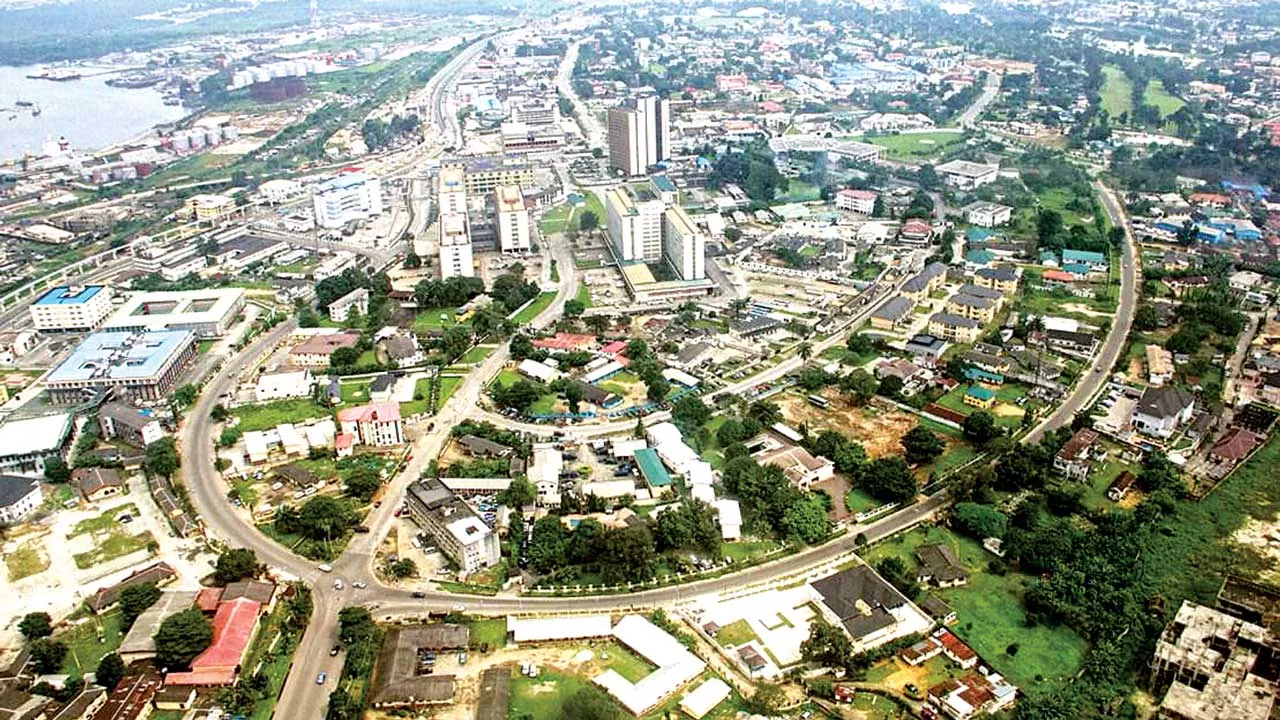Investing in real estate is often considered a wise financial decision, and Nigeria, with its growing economy and expanding urban centers, presents numerous opportunities for investors. Here are ten compelling reasons to invest in real estate in Nigeria:
Growing Population and Urbanization
Rapid Population Growth: Nigeria has one of the fastest-growing populations in the world, currently exceeding 200 million people. This burgeoning population creates a high demand for residential properties.
Urbanization: Major cities like Lagos, Abuja, and Port Harcourt are experiencing rapid urbanization, driving the need for more housing and commercial spaces.
High Return on Investment (ROI)
Capital Appreciation: Real estate in prime locations in Nigeria tends to appreciate significantly over time, offering substantial capital gains for investors.
Rental Income: High demand for rental properties in urban areas ensures a steady stream of rental income, providing a reliable cash flow.
Diverse Investment Opportunities
Residential Properties: Investment in residential real estate, including apartments, villas, and gated communities, caters to the housing needs of the growing population.
Commercial Properties: Investing in commercial properties such as office spaces, shopping malls, and hotels can yield high returns due to the increasing demand for business premises.
Land: Land investment, particularly in developing areas, offers long-term appreciation potential and can be developed for various purposes.
Favorable Government Policies
Incentives and Subsidies: The Nigerian government offers various incentives to encourage real estate development, including tax breaks and subsidies.
Reforms: Recent reforms in land ownership and property registration processes have made it easier and more secure to invest in real estate.
Economic Growth
Expanding Economy: Despite challenges, Nigeria’s economy continues to grow, driven by sectors such as oil and gas, agriculture, and telecommunications. Economic growth boosts the demand for real estate as businesses expand and new ones emerge.
Infrastructure Development: Government investment in infrastructure, including roads, railways, and airports, enhances the value of real estate in developed and developing areas.
High Demand for Affordable Housing
Housing Deficit: Nigeria faces a significant housing deficit, estimated at over 20 million units. This creates opportunities for investors to develop affordable housing projects that cater to the needs of low and middle-income earners.
Government Support: Initiatives such as the National Housing Fund provide support for affordable housing projects, making it a viable investment option.
Stable and Tangible Asset
Physical Asset: Unlike stocks or bonds, real estate is a tangible asset that provides a sense of security and stability. Investors can physically see and manage their property.
Inflation Hedge: Real estate is often considered a good hedge against inflation, as property values and rental income tend to rise with inflation.
Diversification
Portfolio Diversification: Investing in real estate allows investors to diversify their investment portfolio, reducing overall risk. Real estate typically has a low correlation with other asset classes like stocks and bonds.
Geographical Diversification: Investors can diversify geographically within Nigeria by investing in properties in different cities and regions, each with its unique growth potential.
Potential for Development Projects
Urban Renewal: Investment in redevelopment projects in urban areas can lead to significant returns. Old and dilapidated properties can be renovated and repurposed, increasing their value.
Green and Smart Buildings: There is a growing trend towards sustainable and smart buildings. Investors can capitalize on this trend by developing eco-friendly and technologically advanced properties.
Favorable Demographics
Young Population: Nigeria has a young and growing workforce, driving demand for housing and commercial properties. Young professionals seek modern living spaces, boosting the residential real estate market.
Middle-Class Growth: The expanding middle class in Nigeria has increased purchasing power, leading to higher demand for quality housing and lifestyle amenities.

Be First to Comment